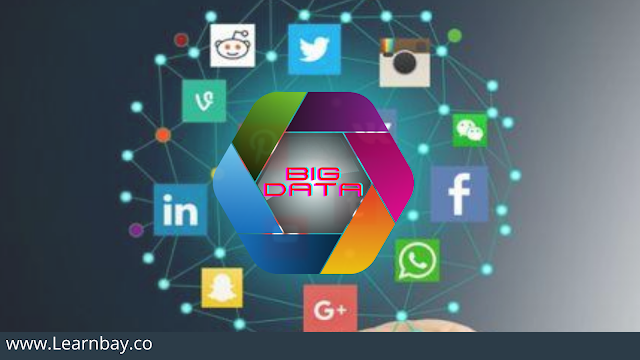Big Data and the Media Industry!
The emerging innovations were also embraced by the media and entertainment industries with the growing trends in Artificial Intelligence and Big Data. The main business issue which drives media companies to explore big data is the need to cut operating costs in an increasingly competitive environment while at the same time generating revenues from content and data provision via various platforms and products.
Media companies are closer than ever to their clients and rivals. Thanks to the effect of intermediation, anyone with an internet-enabled computer can create, upload, curate, and republish content. This makes it a valuable opportunity for companies to be prepared to invest in big data technologies to consume, store, and process several different sources of data and be in fact.
The media industry is an early adopter of big data technology in many ways, but there are much more needs to be achieved in order to reach its full potential. In order to convince decision-makers to invest in innovation, especially in times of economic uncertainty, better integration will be essential between solutions along the data value chain. Contents and outlets in the advertising and entertainment industry provide a broad presence for other businesses in many markets, including retail and manufacturing.
The vast majority of actionable data in the media industry is now digital, unlike certain other industries. This does not assume, however, that the company receives as much financial gain or cost savings as possible from its existing data and new data sources. There is growing evidence that research and policy work must be undertaken to help the evolving ecosystem of various enterprises engaged in study, enhancement, and provision of content and information.
Industrial needs insight into the media and entertainment sectors
The media sector has always generated knowledge from research, sales, company databases, log files, etc. Even so, since the earliest days of newspapers in the eighteenth century, the vast majority of publishers and broadcasters have had to compete. In order to remain important in an environment of extensive choice and ensure future support, even governmental or publicly supported media outlets must constantly demonstrate their importance to their audiences. Yet Big Data 's mentality, technologies, and methods include the ability to handle and distribute data at unparalleled speeds and sizes.
Here are the important areas in which big data will disrupt the status quo and accelerate economic growth in the media and entertainment industries:
Customers and Suppliers
Optimistic media firms use big data to know more about customers — about their interests, their profiles, and their attitudes. With social media tools and data collection now widely available for almost everybody, individuals are also content providers for media companies. Many organizations support social media analysis in their orthodox processes of journalism so consumer relations with news stories are richer and more interactive. Without large-scale data applications, the most interesting content is a wasteful and random approach.
Process
While open source and cloud infrastructure are available to business startups and SMEs, the updating of the traditional IT infrastructure is a challenge for larger and older players. In the transition to Big Data ways of thought and functioning, existing goods and standards must still be sponsored. System and the organizational culture can also have to live up to the demands of big data. If the culture and expertise of employees were not changed, those businesses that today are competitive but cannot adapt to data-driven business models may be impacted.
Products and Services
Big data-driven media organizations can publish content in more advanced ways. Specific experience in, for example, diagnosis, editorials, and psychology can be augmented by objective perspectives from the study of large and heterogeneous datasets. However, this is focused on tools for big data analytics that are easy to use for both data scientists and business users.
Conclusion: Over time players who actually make use of big data and therefore revise their customer experience and content strategies can continue to enjoy their present success.
Learnbay is a one-stop solution for all your Data Science and AI-related queries, as we are specialized in Artificial Intelligence Training globally to the professionals who want to pursue their career in Data Science and AI. This is one of the best places to study Data Science and Artificial Intelligence Training in Bangalore and globally as the courses provided here covers all the essential concepts of the subject, it helps aspirants to effectively understand and practice the concepts with various real-time projects.




Comments
Post a Comment